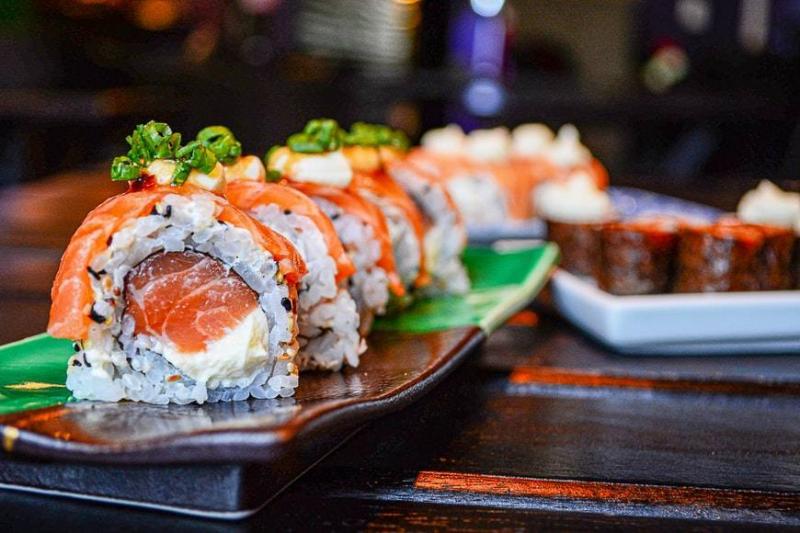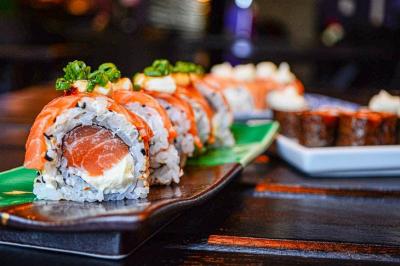The famous Japanese dish sushi, popular worldwide, contains marine ingredients combined with rice and various other additions that differ from one type to another. According to scientists, as published in the journal "Marine Drugs," a substance called "rhamnan sulfate," a polysaccharide found in the single-nitrogen algae "Monostroma nitidum" used in sushi wrapping, effectively suppresses the coronavirus.
The SARS-CoV-2 virus enters cells through the interaction of the receptor binding domain (RBD) with the ACE2 receptor (angiotensin-converting enzyme 2) of the host cell. In addition to ACE2, the RBD domain can also bind to heparan sulfate and other sugars present on the cell surface.
Researchers decided to test whether other polysaccharides, such as rhamnan sulfate found in Monostroma algae, could inhibit the coronavirus, especially after proving effective against viral infections in Japanese encephalitis.
Using an anion exchange unit, the authors extracted rhamnan sulfate from the powdered Monostroma nitidum and purified it. They then conducted detailed chemical analysis of the resulting substance using nuclear magnetic resonance spectroscopy.
The results showed that rhamnan sulfate effectively binds to the SARS-CoV-2 protein, inhibiting the virus's ability to attach to and penetrate cells, and preventing conversion and transport processes. In cell culture experiments, it successfully neutralized a pseudovirus in the lab, including a variant with a set of mutations characteristic of the Delta strain.




